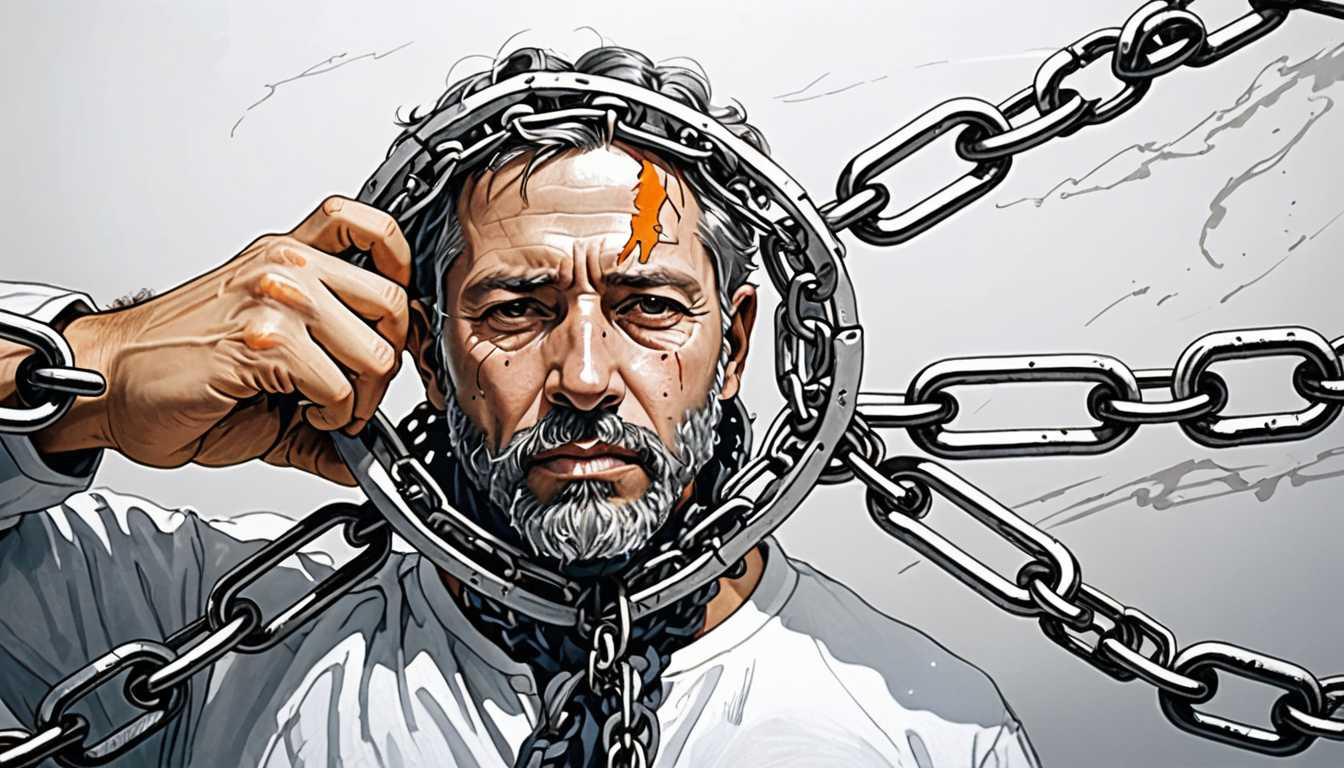Memories Shape Mental Health
May 2024
King's College London
Introduction
Dive into the fascinating findings from King's College London, where researchers uncover how childhood memories of maltreatment can shape our mental health. Published in JAMA Psychiatry, this study reveals that our personal recollections, more than any official records, significantly influence psychological disorders later in life. Intrigued? Check out how these insights could revolutionize treatments for mental health stemming from childhood trauma!
READ FULL ARTICLEWhy It Matters
Discover how this topic shapes your world and future
Unraveling the Ties Between Memory and Mind
Understanding how our memories, especially those of difficult childhood experiences, influence our mental health is crucial. The recent study you're learning about explores this connection by comparing different types of memory reports—what we remember ourselves versus what others report about our experiences. This research is significant because it suggests that the way we personally recall these experiences can have a profound impact on our mental health later in life. This is particularly relevant to you as you navigate your own memories and emotions during your teenage years, a period full of both challenges and growth. By understanding the science behind these processes, you can better manage your own well-being and support those around you.
Speak like a Scholar
Psychopathology
The study of mental disorders, including their symptoms, causes, and treatments.
Retrospective Measures
Methods that rely on individuals’ memories of past events.
Prospective Measures
Methods that use records or reports from others about an individual’s past.
Autobiographical Memory
The memory system consisting of episodes recollected from an individual's life.
Recall Bias
A common memory error where the recollection of past events is distorted by current mood and mental state.
Trauma-focused Cognitive Behavioral Therapy
A form of therapy that aims to help people who have experienced trauma to come to terms with the experience through various psychological techniques.
Independent Research Ideas
Study on Cultural Influence on Mental Health
Explore the impact of cultural differences on the recall of childhood maltreatment and subsequent psychopathology. This could reveal how cultural contexts influence memory and emotional health.
Investigate Gender Roles in Childhood Mistreatment
Investigate the role of gender in the perception and reporting of childhood maltreatment. This research could shed light on potential differences in how males and females process and remember traumatic events.
Comparative Study on Psychopathology Methods
Study the effectiveness of different therapeutic approaches in treating psychopathology stemming from recalled childhood maltreatment. Comparing therapies like art therapy versus traditional talk therapy could offer insights into personalized mental health care.
Explore the Potential of Digital Storytelling in Therapy
Examine the potential for digital storytelling as a therapeutic tool for young adults to process and share their experiences of childhood maltreatment. This could explore how modern technology might aid in psychological healing.
Relationship Between Childhood Mistreatment and Career
Analyze the relationship between childhood maltreatment memories and career success in adulthood. This could provide valuable information on how early adverse experiences affect professional development and achievements.
Related Articles

Exercise: Your Heart's Stress Reliever
April 2024
Harvard University

Brain Myths: Busted!
November 2023
University of Cambridge

Seeing Each Other: The Impact of Illness
October 2024
King's College London - News

Healing: It's About Time!
March 2024
Harvard University

Meditation Mishaps: You’re Not Alone!
May 2024
Harvard Gazette